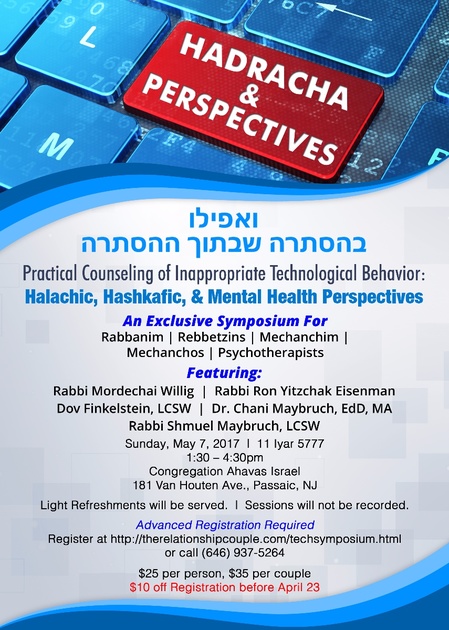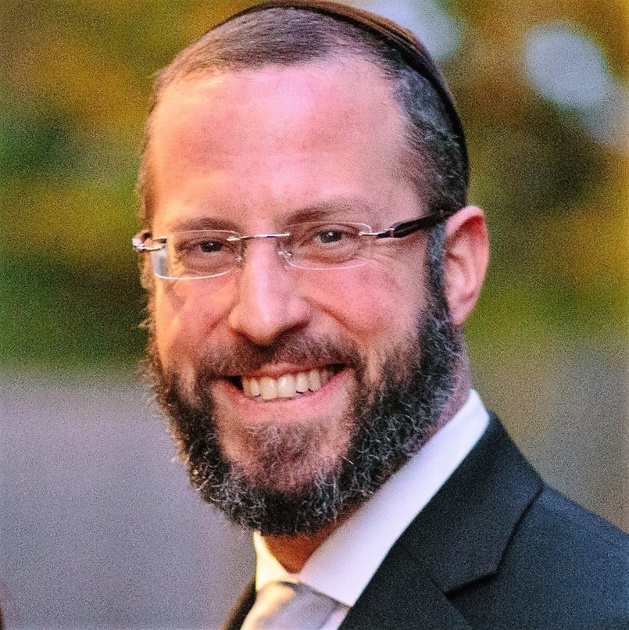
Rav Yaakov Kaminetzky, a renowned rabbi, teacher, and scholar, spent some of his last winters in Miami. One day, during a stroll, he was accosted by a distinguished looking man, dressed in a black fedora and a long black frock. “Shalom Aleichem, my master and teacher!” the man said energetically. Rav Yaakov was not a stranger to such receptions. His trademark congenial nature combined with his sagacity made him adored and revered by Jews the world over. Yet, something about this man’s greeting led Rav Yaakov to believe that he was supposed to recognize the man. Uncharacteristically, Rav Yaakov could not place his face. He apologized and asked him if they had ever met. The man smiled and told Rav Yaakov that they had met many years ago, in Canada.
When Rav Yaakov first came to North America from Europe, his first position was in an Orthodox shul in Toronto. Orthodoxy in those days was not as defined as today, and many of the congregants did not implement the work restrictions mandated on Shabbos. On Rav Yaakov’s first Shabbos Shuva, he gave a moving and emotional drasha (sermon) where he spoke about the charm and beauty of Shabbos. With his trademark warmth, Rav Yaakov spoke from his heart to the congregation. “My dear people,” he began. “I understand that you are not prepared to keep Shabbos. You might work and carry out business as usual. At the same time, you know that Shabbos is a unique and special day. Perhaps you can do something small in honor of Shabbos. Maybe consider smoking one less cigarette in honor of the specialness and sanctity of the day.”
The man in Miami Beach explained that he was one of those congregants who did not keep religious restrictions on Shabbos. When Rav Yaakov said those remarks on Shabbos Shuva, the man went home and discussed it with his family. “The rabbi is so warm, with such an encouraging and engaging smile. Let’s try it. I’ll smoke one less cigarette on Shabbos.” The man continued to explain that after a while he thought, “If I am having one less cigarette, I bet I can avoid having any cigarettes on Shabbos.” After a few weeks of abstaining, he gathered his family together and they decided that if the father made such a life change, they could really start having Shabbos meals too. Sometime later, the man remarked again, “if I am not smoking and we are having Shabbos meals, I bet I can manage not working on Shabbos either.” Eventually the man and his family became completely Shabbos observant, and then became scrupulous about all the commandments. The children grew up observant, and dedicated themselves to many years of intense Torah study. Their children continued on that path. The man himself now dressed the part of some of his coreligionists, with a long coat and black hat, and conducted his religious life with sharp contrast from the more cavalier approach of his youth.
The man said, “Rabi U’Mori (my master and teacher) might not remember me, but how could I ever forget him and the indelible impact he made on my family for generations…from one cigarette!”
This man’s interaction with Rav Yaakov Kaminetzky can make a halachic statement regarding counseling clients that manifest halachically discordant behaviors. An increasingly common example is Orthodox individuals that compulsively use the internet for pornographic purposes. This socioculturally and religiously dissonant internet use can cause sharp divides in marital relationships, social interaction, and religious practice and affiliation, and result in deep feelings of guilt and negativity about the self. In addition, it can be both indicative of and create emotional or psychological pain that the user is experiencing and is attempting to cover over or forget. Most users are aware that their religious beliefs and culture sharply censures their behavior. At the same time, it can be habit forming and addictive and challenging to cease.
If a rabbi or psychotherapist suggests immediate termination of inappropriate behavior, the behavior might or might not cease, and the intense guilt and other presenting issues will usually linger and fester. On the other hand, a benevolent dialectic of acceptance of oneself, one’s current behavior, and one’s relationship with G-d, combined with analysis of factors that increase internet use and exploration of psychodynamic experiences that might have created it and foster it can be much more successful for the client. This approach does not usually demand cessation of the unwanted behavior. Therefore, a halachic risk with dialectic models is that they might allow one to be supported and persist with behavior that is halachically frowned upon, with termination as perhaps an eventual target, but not an immediate goal.
When I discussed the benefits of a broader dialectic of self-acceptance with Rav Mordechai Willig and queried about halachic support for it, he included that story of Rav Yaakov Kaminetzky in an affirmative response supporting dialectic interventions.
I have observed obfuscation in the Orthodox world, among rabbis, educators, and psychotherapists, as to how to target pornographic internet use in accordance with halacha. It is such an important dialogue that it is often not discussed, like many of life’s most important conversations.
To that end, I created a symposium, taking place in less than two weeks, in Passaic, NJ. On Sunday, May 7/ 11 Iyar, rabbis, rebbetzins, educators, and psychotherapists will come together for a symposium entitled: Practical Counseling of Inappropriate Technological Behavior: Halachic, Hashkafic, and Mental Health Perspectives. The speakers include Rav Mordechai Willig, as well as rabbinic and mental health practitioners. You can find the detailed schedule here. It is the first symposium that I know of to tackle illicit internet use in the Orthodox community with a synergy of the rabbinate and psychotherapy. I am eager for rabbis, educators, and therapists to join together to begin the discussion on this issue, which is becoming an increasingly common phenomenon in the Orthodox community.
Most of us can have similarities to that man in Miami Beach. We can be involved in emotional, religious, psychological, or physical behaviors that others might warmly encourage us to slowly terminate. When we accept ourselves and continue on that journey, we might end up making significant progress beyond what we had imagined, all because of one cigarette!
Please come and join the symposium! Exclusively for blog readers, there is an early registration discount until April 29, by clicking on this link after registration. (Do not use the standard link on the website. It is not discounted!)
Find this post and more like it at my blog, ShmuelMaybruch.com
 Previous
Previous

